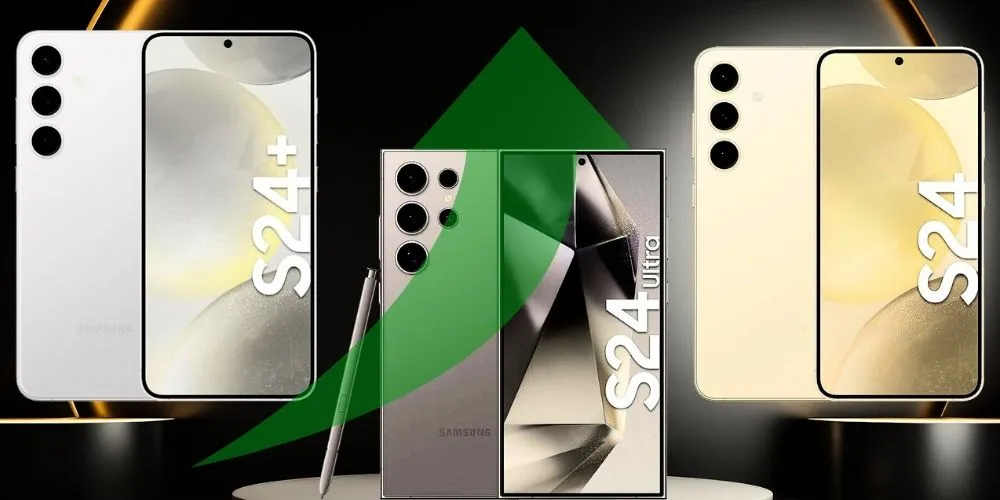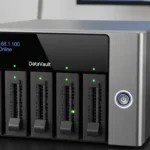Key Points:
- Samsung reports a 932.8% increase in operating profit for the first quarter, driven by a rebound in memory chip prices. Revenue reached 71.92 trillion won.
- Strong sales of S24 smartphones and higher semiconductor prices contribute to profitability. Analysts foresee further upside for NAND flash memory.
- Geopolitical uncertainties and rising competition pose challenges for Samsung, but the company remains optimistic about its prospects.
- Samsung Electronics continues to invest in cutting-edge technologies, with the development of 3-nanometer and 2-nanometer processes progressing smoothly.
Samsung Electronics has reported a staggering 932.8% increase in operating profit for the first quarter, driven by a resurgence in memory chip prices fueled by optimism surrounding artificial intelligence (AI). The South Korean tech giant’s revenue for the quarter reached 71.92 trillion Korean won (approximately $52.1 billion), slightly surpassing LSEG estimates.
The remarkable surge in operating profit reflects a rebound in memory chip prices, with Samsung’s semiconductor business alone recording an operating profit of 1.91 trillion Korean won (approximately $1.38 billion) for the quarter, a significant turnaround from the losses experienced in the same period last year. This resurgence in profitability is attributed to strong sales of flagship Galaxy S24 smartphones and higher prices for memory semiconductors.
Analysts foresee further upside for Samsung’s NAND flash memory business, driven by the increasing demand for AI computing. Citi analysts have reiterated their “buy” rating on the company, projecting a 56% upside from the current stock price. The proliferation of AI technologies is expected to fuel demand for storage solutions, positioning Samsung as a key beneficiary.
Looking ahead, Samsung anticipates the second quarter will primarily be driven by demand for generative AI while mobile demand remains stable. However, seasonal factors may impact PC demand, prompting customers to adjust inventories in anticipation of new product launches in the year’s second half.
Despite geopolitical uncertainties and rising competition in the semiconductor industry, Samsung remains optimistic about the operational environment, particularly in the year’s second half. The company continues to invest in cutting-edge technologies, with the development of 3-nanometer and 2-nanometer processes progressing smoothly.
Strong sales of the Galaxy S24 series have contributed to the growth of Samsung’s mobile business, with AI features garnering significant popularity among consumers. However, due to seasonal factors, the company cautions that smartphone demand and shipments may decline in the second quarter.
Amidst growing competition in the semiconductor market, Samsung faces challenges from emerging rivals and geopolitical dynamics. The company’s leadership position in memory chips, smartphones, and display innovations is increasingly being challenged by competitors such as SK Hynix. However, Samsung remains resilient, leveraging its technological prowess to navigate the evolving landscape of the tech industry.





